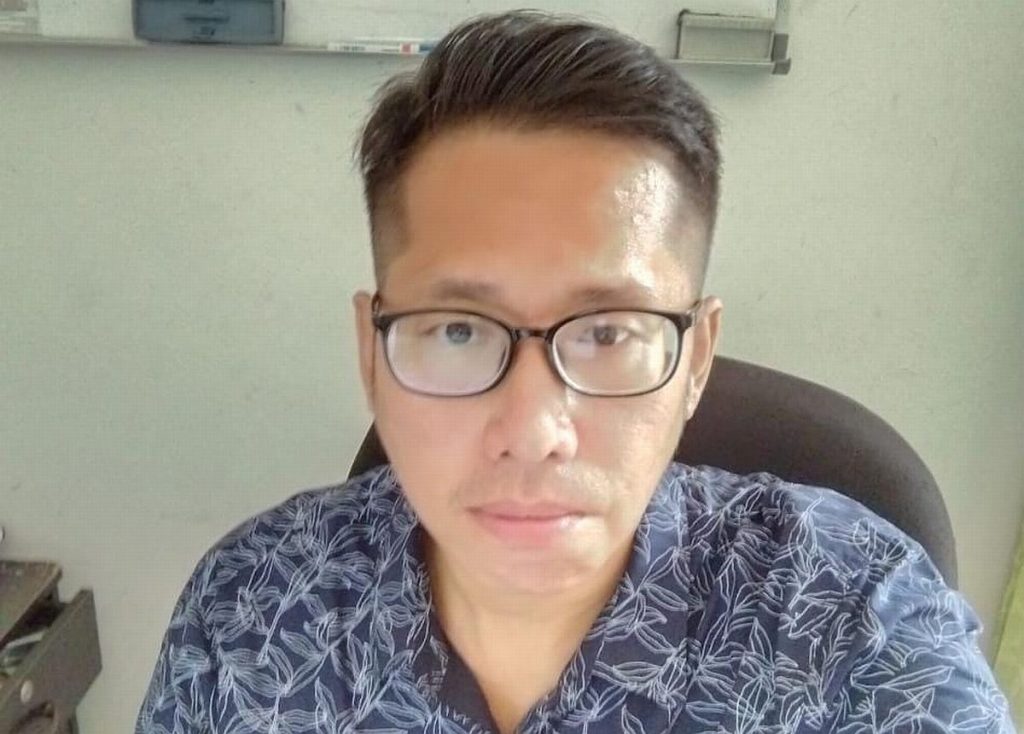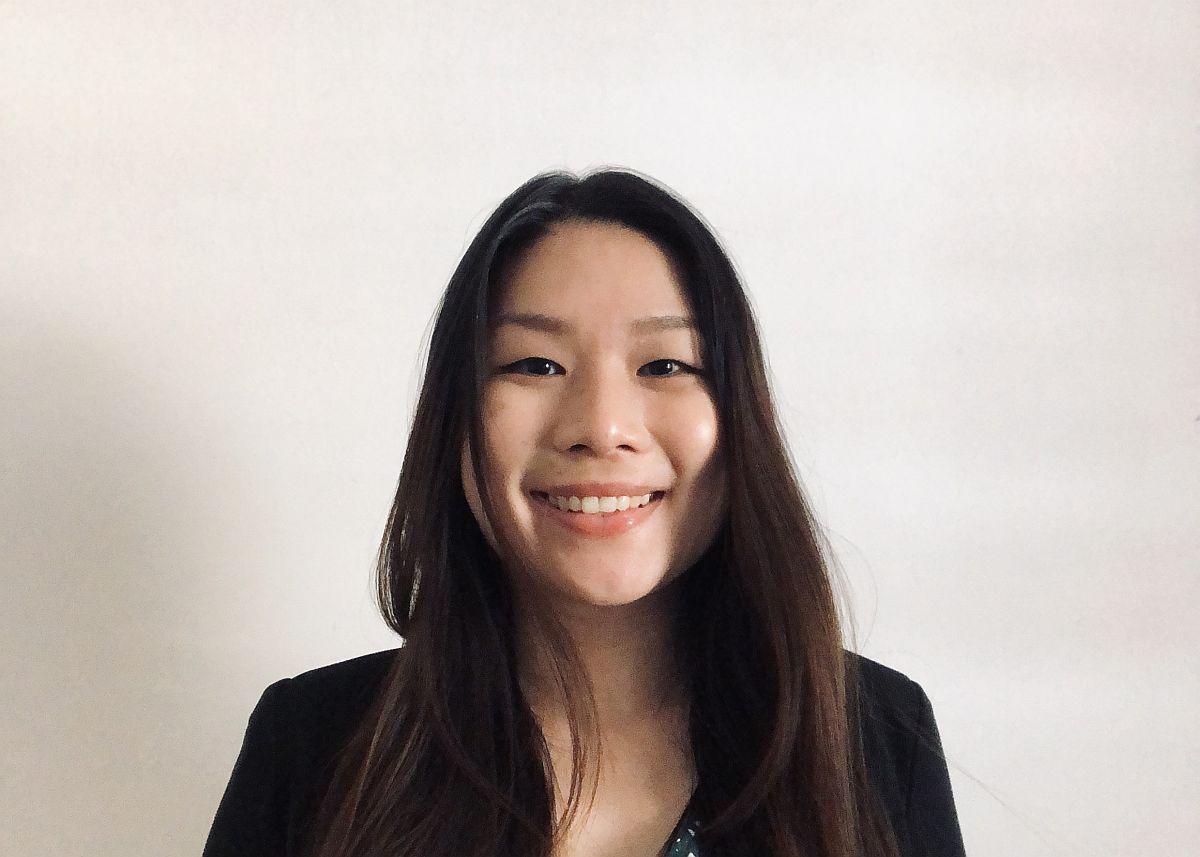KUALA LUMPUR, Jan 11 — Malaysia needs an Elderly Care Act to regulate and formalise the country’s care economy and industry, according to a care services provider.
Deborah Yaw, head of marketing for Homage, said elderly care continues to be treated as inferior in Malaysia, with senior citizens relegated to the “welfare” branch of the Women, Family and Community Development Ministry (KPWKM).
Yaw said this pitfall has resulted in Malaysia’s inability to provide effective long-term care for its elderly, including items such as government-funded insurance and subsidies for the elderly, which countries like Singapore have provisions for.
“Today, the Malaysian public health care system does not even look at elderly care as part of its portfolio, and it is categorised as ‘welfare’ under KPWKM.
“We have a long way to go when it comes to implementing long-term care planning for older Malaysians such as providing government subsidies or public insurance. Since Homage is also operational in Singapore and Australia, to date, we see the governments paving the way in setting in place proper governance for home care services and subsidies for their citizens,” Yaw told CodeBlue in an online interview last November 23.
Across the causeway, Singapore’s Health Ministry provides subsidies to offset bills of seniors who need these services. Subsidised home and care-based service providers have to meet a set of minimum service requirements for the services they provide to continue receiving subsidies from the government.
In Australia, the Home Care Packages Programme is designed to support older people with complex care needs to live independently in their own homes. It utilises a consumer-directed care approach to make sure the support suits a person’s needs and goals.
According to Yaw, Homage has been waiting for an Elderly Care Act that will not only tackle the cost of care, but a law to formalise the entire care economy.
“It’s a very long process and a very long way to go in terms of formalising care. I think Howard Lee (Member of Parliament for Ipoh Timor) also talked about this. And he also mentioned that there is no one way to have a Welfare Act.
“And we’ve (Homage) been waiting for it since we started in Malaysia actually in 2019. Nothing has been done with the changes in government. We really want to see this happening, whether in this government or the next, to have an old age or Elder Care Act being set up so that the care economy can be formalised in a certain way.
“What should be done, what can be done, and putting in place cadence, as we see it today,” Yaw said. She added that such legislation would not only help consumers and service providers in the industry, but also ensure that caregivers and workers are paid fairly by regulating wages.
Homage is a care service provider that provides care for people with a range of mobility and medical conditions, including chronic and terminal illnesses such as dementia, stroke, Parkinson’s disease and cancer.
The company aims to help these people become more mobile and functional and has collaborated with the government and health and financial organisations to distribute and deliver home and community caregiving services, which include care assessments, activities of daily living assistance, home nursing procedures, and home rehabilitation services such as physiotherapy, speech therapy and occupational therapy.
Yaw said currently, care homes and care providers are not bound by any regulation. Without consistent enforcement and inspections, operators tend to take advantage of the situation and pay their workers low wages.
However, unlike many of its competitors, Yaw said Homage pays its caretakers who work on a freelance basis between RM15 and RM20 per hour, depending on the day of the week – whether it is a weekday, weekend or public holiday.
Homage also utilises a gig economy model, similar to that used to pay Grab and Foodpanda delivery riders, giving care workers working under Homage the opportunity to earn as much as RM25 per hour.
“What we’re doing right now is we’re also benchmarking it against all our other competitors. In fact, most of them actually pay a lot lower, if you are talking about part-time. There are competitors that pay about RM10 per hour – and that’s what you get at Starbucks as a part-timer today.
“So this can be benchmarked against, let’s say, raising just in totality also, your minimum wage, and then looking at what it is for different industries, and that includes health care. Because health care itself is such a big range but it’s not looked into for caregivers. It’s somewhat often an afterthought,” Yaw said.
“You think about health care workers as nurses, as doctors, as therapists, and then you don’t see welfare workers or even caregivers in the pipeline, which is really sad to see,” said Yaw.
Yaw said low wages for service workers with “dangerous” and “dirty” jobs not only apply to part-timers in the elder care industry, but to full-time caregivers too.

For 44-year-old Albert Chew Teck Yong, who has worked at Homage since August 2022, his first full-time caregiving role at Jasper Lodge, a nursing home in Petaling Jaya, saw him earning RM1,500 per month — the minimum wage in Malaysia.
“When I started as a caregiver last year, I was getting paid RM1,500, but they pay me well now. They (Homage) give me transportation and my pay now is about RM3,400,” said Chew, who attributes low wages and the nature of the caregiving jobs as reasons why people do not want to enter the industry as caregivers.
“It is dirty, it is dangerous, you know? You need to change diapers. Some people, when they see people changing diapers, pass urine, pass motion, they will find it very disgusting. And if you don’t have the love to do the work you find very difficult,” said Chew, who views his role as part of a higher calling and that respect for the elderly is of paramount importance.
Chew said another issue that has led to the shortage of workers in the industry is the government’s stringent laws surrounding care worker applications.
“We cannot get the permit to apply for the legal home care that is not in the range. So we can apply for workers in the construction sector, we can apply for workers in the palm oil industry, but we cannot apply for workers for home care.
“But they (the government) don’t allow it, they don’t give permits to home care workers. That is a very serious problem. Until today, we are not allowed to apply for workers for the legal home care sector,” Chew said.
Yaw added that the lack of a formalised care landscape has made it impossible for Homage to hire qualified foreigners.
“So, how we actually train and also get our caregivers, all of them are actually Malaysians on our platform. We don’t have Indonesians or Filipinos, sad to say. It’s a very long process and a very long way to go in terms of formalising care.
“I think the grey area here is most of them come in with the skill sets, having nursing skills or even caregiving skills right from their own countries, but probably not recognised in Malaysia.
“So when you talk about that grey area here, that’s where the Act has to come in to say, yeah, we do want to see foreign nurses or foreign workers, who are already certified in caregiving, [that they] need to be formalised.
“But right now, if they come in, they are somewhat borderline illegal. They have the skill sets, they have everything they need to know, right, about how to care, end to end in terms of the process. But whether it is legalised or not, that’s another question,” said Yaw.
Yaw said to become a caregiver in Malaysia, one must first undergo training and acquire a set of documentation and caregiver certifications that include basic cardiopulmonary life support (BCLS) training.








